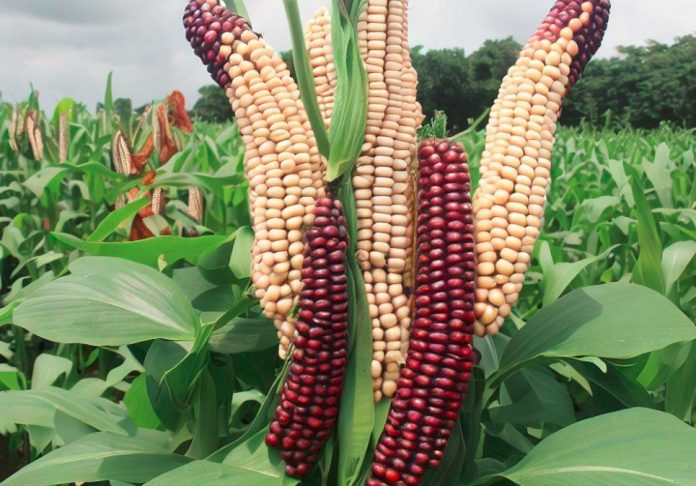News in brief: Nigeria aims to enhance food productivity through gene editing initiatives which seek to ensure food security, reduce reliance on harmful chemicals, and alleviate poverty. The country’s biotechnology agency is pushing for its adoption while its biosafety agency is emphasising on proper regulation.
Nigeria is set to join the committee of nations boosting food productivity with gene editing technology according to a statement by the Director-General of the National Biotechnology Development Agency (NABDA), Professor Abdullahi Mustapha, at a workshop in Abuja with stakeholders from different sectors of the agricultural and food industries in attendance.
Genome editing (also called gene editing) is a group of technologies that allow scientists to change an organism’s DNA. Armed with this, scientists can add, remove, or alter genetic material at particular locations in the genome.
So far, only seven African countries have commercialised four genome-modified (GM) crops, focusing on insect resistance or herbicide tolerance. These countries are; Nigeria (maize/corn, cowpea, cotton, soybean); South Africa (cotton, soybean, maize/corn); Ethiopia (cotton); Kenya (cotton); Malawi (cotton); Sudan (cotton); and Eswatini (cotton). Ghana has been working on commercialising a pest resistant cowpea specie.
NABDA, established under the aegis of the Federal Ministry of Science and Technology, has a mission that includes implementing policies to aid conducting research, promotion, coordination and development of biotechnology.
Mustapha stressed the need to embrace gene editing technology as a viable means of ensuring food security in the country and properly apply it to transform the continent in terms of science, technology and innovation. He stated that the initiative began in October last year and after validation, NABDA began implementing it.
The agency believes that GM agricultural products would also help reduce dependence on harmful chemical fertilisers and pesticides usage in the country. It would also be key in alleviating poverty for many Nigerians while ensuring food security.
The event was held in conjunction with the African Union Development Agency (AUDA), a body dedicated to building an integrated, prosperous and peaceful continent.
Also speaking at the event, the Director General of the National Biosafety Management Agency (NBMA) Dr. Agnes Asagbara stressed the need for regulation. She revealed that her agency had signed a memorandum of understanding (MoU) with the Nigeria Customs Service that seeks to prohibit unlicensed gene-edited products from entering into Nigeria. She added this was imperative to avoid products that negatively affect peopleâs well-being.



